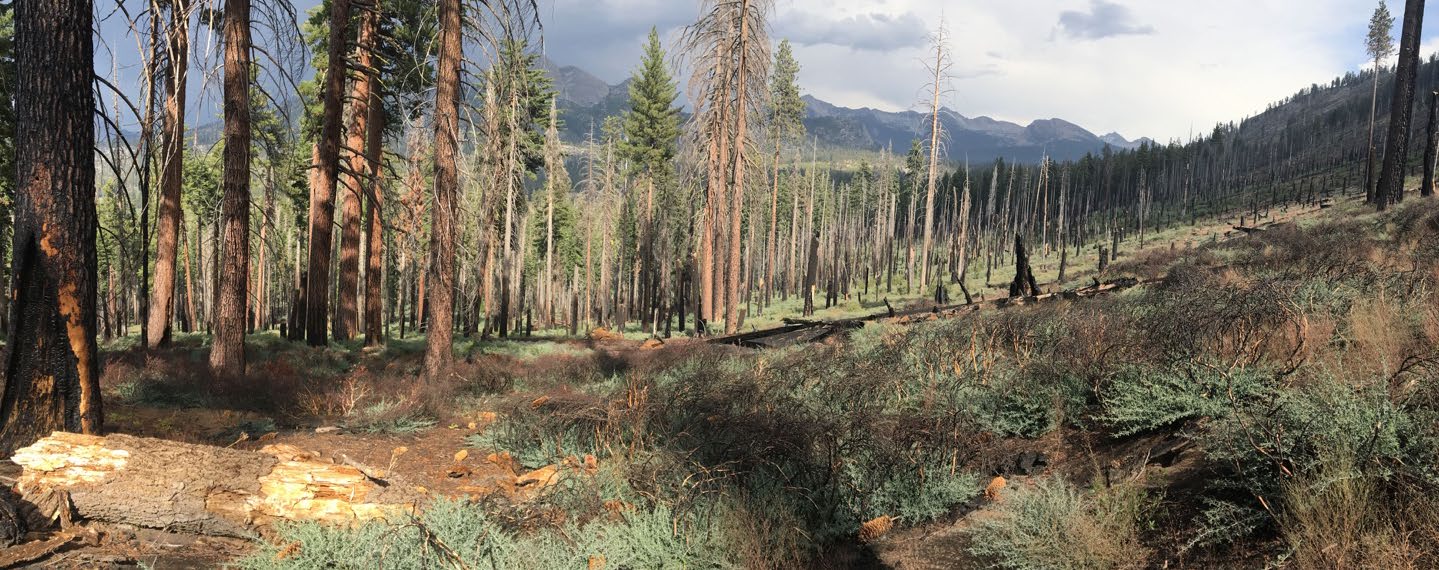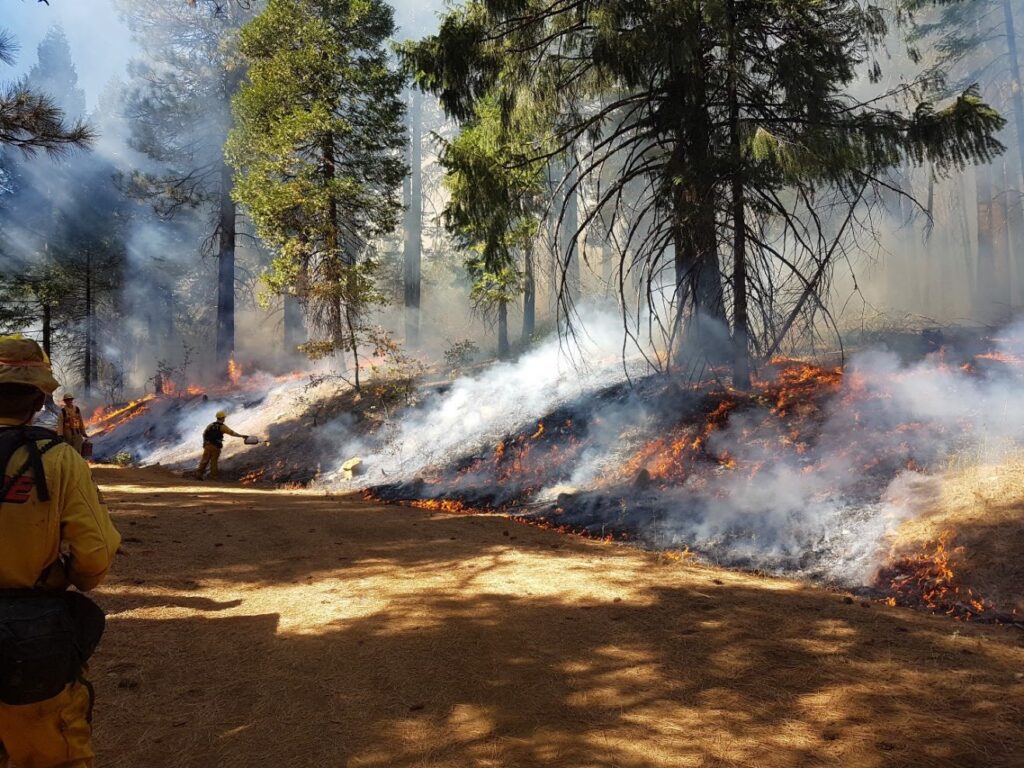
Research Specialist positions at UC Berkeley 2025
The Stephens Wildland Fire Science Lab (https://nature.berkeley.edu/stephenslab/) and Collins Landscape Fire Dynamics and Forest Management Lab (https://nature.berkeley.edu/collins_lab/) at UC Berkeley are jointly seeking multiple fire ecology/fire science specialists to begin work in 2025. These positions will support ongoing studies, lead new research efforts, contribute on fire science outreach efforts, mentor student researchers, and organize/supervise field research crews. These positions will join a diverse team of motivated researchers in studying the role of fire in some of California’s most dynamic and beautify landscapes. This research is conducted in partnership with land management agencies, Tribes, and UC extension advisors, with the intent of having strong applications to land stewardship and management. Below are two projects that these positions will work on, but work is not limited to just these two.
Project 1: Tradeoffs in managing mixed-conifer forests for climate change, carbon sequestration, forest restoration, and wildfire hazard reduction
Forest managers are challenged with attempting to achieve multiple resource objectives simultaneously. While this challenge is not new to the forestry profession, the current demands on forest managers in California are particularly complex given the interactions between climate change, carbon sequestration, forest restoration, wildlife habitat, and wildfire hazard mitigation. This project will draw from existing long-term studies, which continue to be maintained and monitored to date, as well as initiate a new study to investigate tradeoffs in managing forests for these different, and possibly competing objectives. Study sites will be at Blodgett Forest and Grouse Ridge in the Sierra Nevada, and the Flatwoods in the southern Cascade Range. We will evaluate a suite of forest treatments including conventional wildfire hazard reduction, i.e., thinning/mastication and prescribed burning, restoration approximating early 20th forest conditions reconstructed from timber surveys, and silvicultural manipulation for climate adaptation. We will compare modeled wildfire behavior, carbon dynamics, understory vegetation, and tree vigor across treatments and sites.
Project 2: Fuel development and stand structural change in mixed-hardwood forests following wildfire and fuel reduction treatments.
Mixed hardwood forests have experienced a dramatic increase in burning from wildfires within the last decade. As such, land owners and agencies are recognizing the need to manage these forests to reduce fuel loads and improve future wildfire outcomes. With much of recent fuel treatment research within the state focused on conifer-dominated ecosystems, there is a gap in knowledge pertaining to how fuel reduction treatments, such as mechanical thinning and prescribed fire, impact other ecosystem types. This study involves a partnership between the UC Berkeley Wildlands Fire Lab, California State Parks, the Sonoma Valley Wildlands Collaborative (an association of Sonoma Valley land owners and managers of which California State Parks is a member), and private ranchers to investigate the impacts of fuel treatments on stand and fuel conditions in mixed hardwood stands. This study will both help improve our scientific understanding of post-fire and post-treatment dynamics in this forest type, and inform future management decisions on how best to manage post-fire stands for a range of objectives.
Further details on the announcement and application instructions are available at: https://aprecruit.berkeley.edu/JPF04764
You will see a position for Dr. John Battles’ lab at UC Berkeley in this call as well, we are advertising at the same time to try to make the HR hiring process more efficient.
Basic qualifications: Bachelor’s degree (required at time of application). Preferred qualifications, a Master’s degree.
Please apply by Feb 14, 2025. The first review of applications will begin in late February 2025, with the desired start date of May-June 2025. The person hired will be able to participate in prescribed fires that we do each year and participate in the writing scientific publications.
Please contact Scott Stephens (sstephens@berkeley.edu) or Brandon Collins (bcollins@berkeley.edu) for any additional information.

